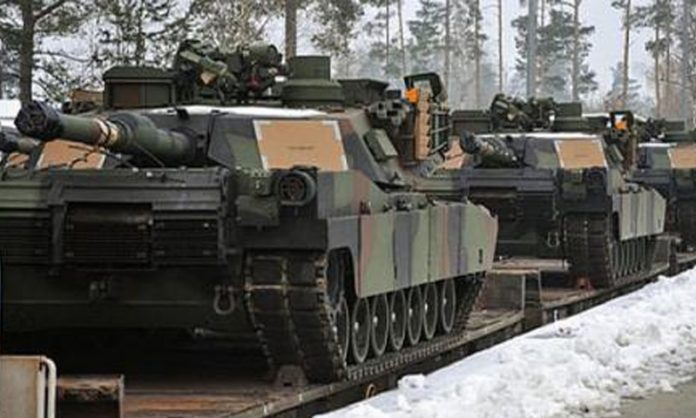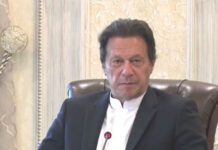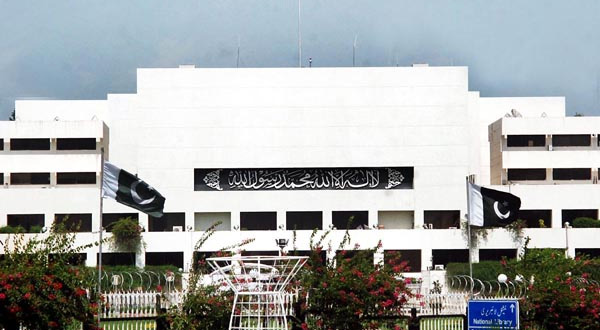WASHINGTON: The commander of the American-led international military force in Afghanistan, warning that the United States and its NATO allies are facing a “stalemate,” told Congress on Thursday, that he needed a few thousand additional troops to more effectively train and advise Afghan soldiers.
“We have a shortfall of a few thousand,” Gen. John W. Nicholson said in a sober assessment of America’s longest war to the Senate Armed Services Committee.
The international force that is helping the Afghans currently has 13,300 troops, 8,400 of whom are American.
Afghan forces have taken heavy casualties over the last year as they have sought to hold off the Taliban and prevent them from capturing provincial capitals.
General Nicholson repeated previous assessments that the sanctuary Taliban fighters and militant groups enjoy in Pakistan remains a major obstacle.
“It is very difficult to succeed on the battlefield when your enemy enjoys external support and safe haven,” said the commander, who added that the United States needed to do a “a holistic review” of its policy toward Pakistan.
The issue of safe havens in Pakistan also was discussed Thursday when the new defense secretary, Jim Mattis, spoke by telephone with Gen. Qamar Javed Bajwa, Pakistan’s chief of army staff. In the conversation, “Gen. Bajwa reiterated Pakistan’s commitment to counter all militant groups operating in its territory,” The New York Times said quoting a Pentagon statement.
In his Senate testimony, General Nicholson also complained that Russia was trying to “legitimize” the Taliban by creating the “false narrative” that the militant organization has been fighting the Islamic State and that Afghan forces have not. Russia’s goal, he asserted, was “to undermine the United States and NATO” in Afghanistan, expressing a far more skeptical view of the Kremlin’s intentions than President Trump.
But the broader question is what course President Trump might chart on Afghanistan. Senator John McCain, the Arizona Republican who chairs the Armed Services Committee, said that for too long the United States strategy had been “not to lose,” and urged that a plan be devised to break the stalemate.
Mr. Trump has said little about Afghanistan, although on Thursday he held his second call since his election with Ashraf Ghani, the nation’s president.
“The two leaders spoke about the counterterrorism efforts, threat levels in Afghanistan, the capabilities of Afghan forces, as well as the risks of terrorism in the region and the countries that support terrorism,” said Nader Nadery, Mr. Ghani’s adviser on strategic affairs.





